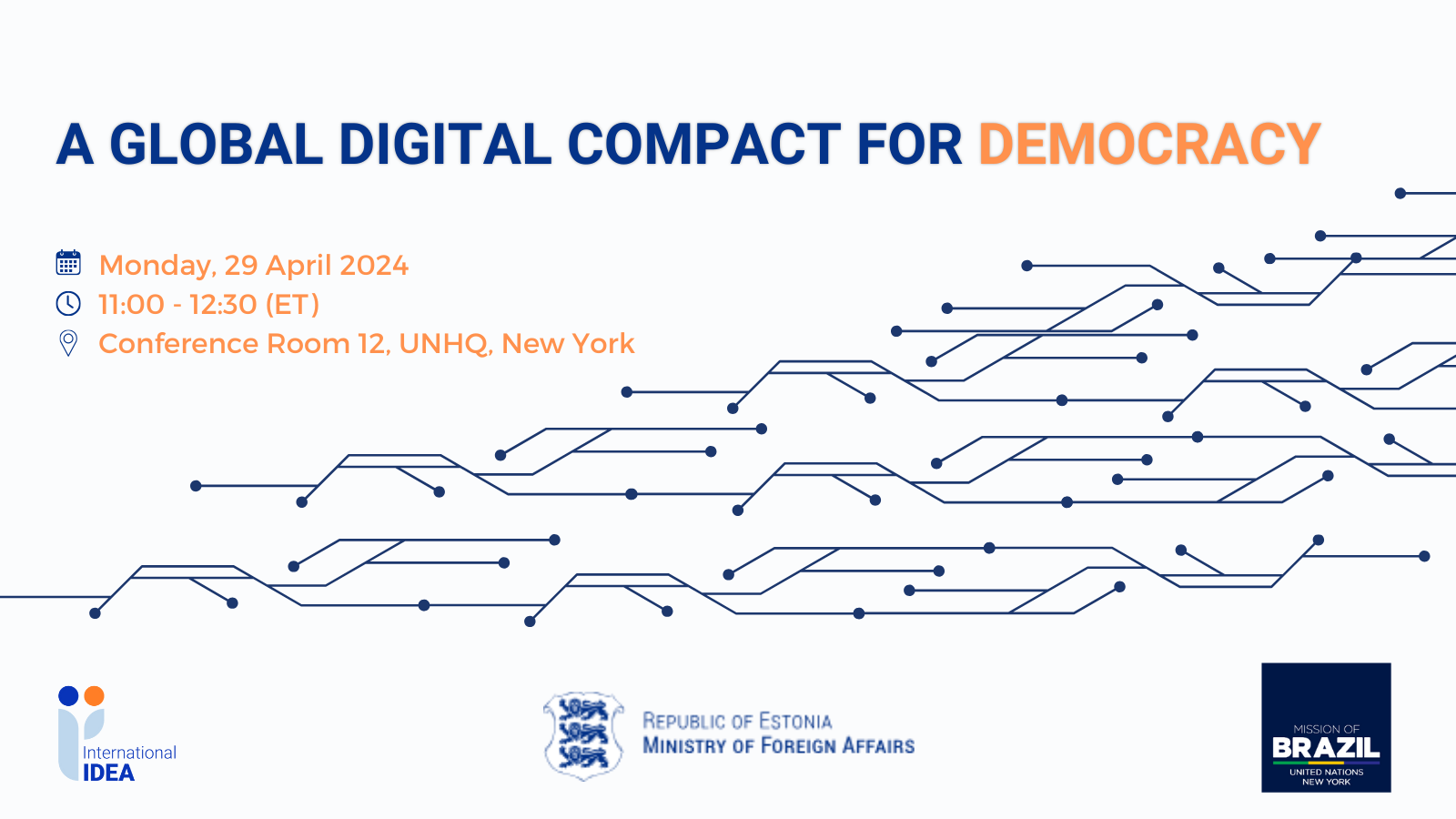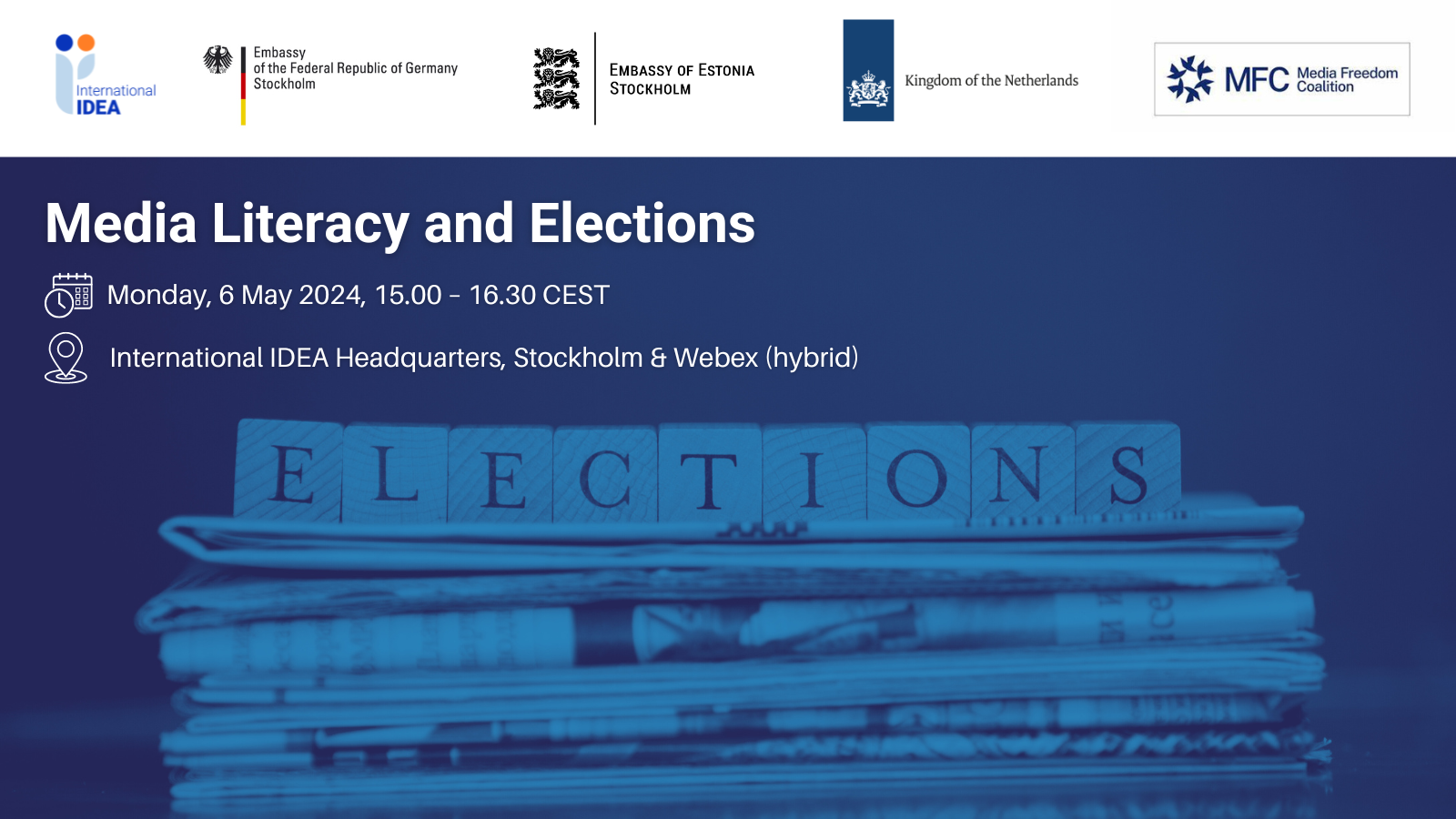Organized crime in conflict affected contexts: a challenge to address
In line with its continuing support of knowledge creation and its widespread dissemination among the Bhutanese people through capacity development of key democratic organisations, International IDEA supported the training of three officials who are team of programmers from the Election Commission of Bhutan (ECB). Among others, they are also responsible for the development of online educational contents on Bhutan's electoral process and democracy, in particular developers of E-Learning on Introduction to Electoral System and Democracy of Bhutan (E-IESDB) which was supported by International IDEA.
The training was part of the wider programme of the E-learning. Because of the lack of specialised trainers in Bhutan, the training was conducted by an IT training institute in the Indian capital from June 12-23.
Through a combination of workshops, classroom sessions, laboratory exercise, peer learning and individual assignments, the intensive training course taught specialised software skills in developing interactive tools in disseminating online contents.
Ms Karma Wangmo, the only woman representative in the team reported that the training was divided into two parts, six days for learning JQuery and five days for learning Laravel. These are different producer and user-based feature creation programmes that incorporate interactive learning that are fun and meaningful at the same. Different techniques learnt from the training includes, among other things, computer language and coding protocols used to design various interfaces. This enables collaboration and sharing of features and materials between the creator and user, in other words, the ECB and the consumer of its online educational contents.
These consumers are expected to be the Bhutanese electorates, as well as democratic theorists and practitioners from around the world who are interested in the development of nascent democracies and how they function in non-Western socio-political settings.
The participants said that the best part of the course was that they got the chance to share not only technical know-how with IT professionals from different countries in the same field of e-governance and online political participation, but also that they gained greater insight in making such online learning platforms work by adapting to different users in different cultures who are at various technical and general skill levels.
Further according to the participants, International IDEA's support not only enabled them to acquire essential technical skills, but also facilitated interaction and networking with people in the same field so that they can pool their expertise and thus create regional best practices which have multiplier effect on the success of such programmes.
The training will enable them to upgrade the e-learning E-IESDB to a new version which previously could not be completed due to lack of expertise. The new upgraded versions will also include feedbacks from the first roll-out.
The training also contributes to the part of the Web 2.0-initiative that the government of Bhutan is planning to introduce, as part of its policy to ensure meaningful and wide ranging grassroots participation in creation of a democratic culture.
The ECB, as part of this broad policy framework, already provides many downloadable contents on its website, which also includes materials for self-learning on Bhutanese democracy.


